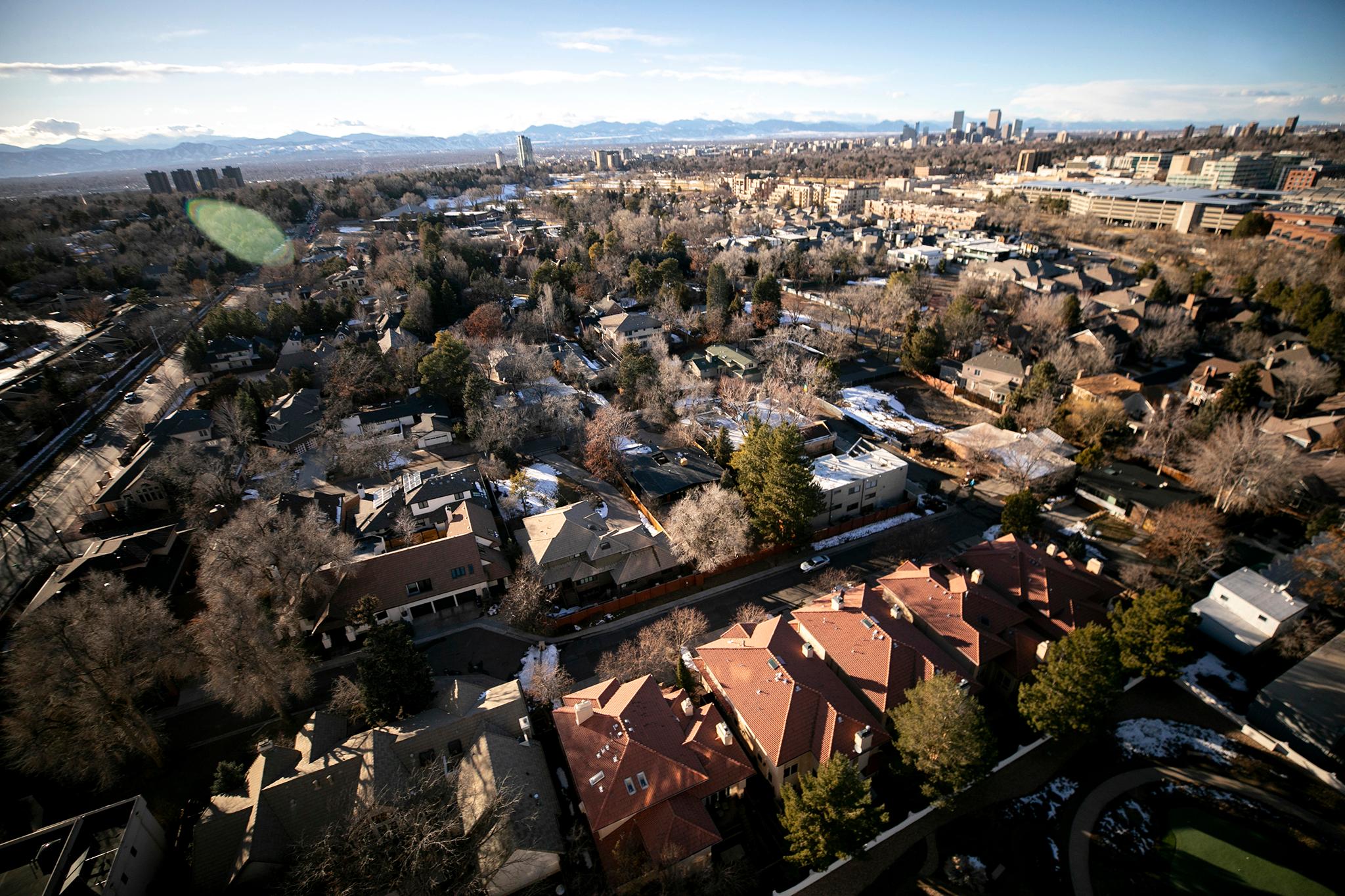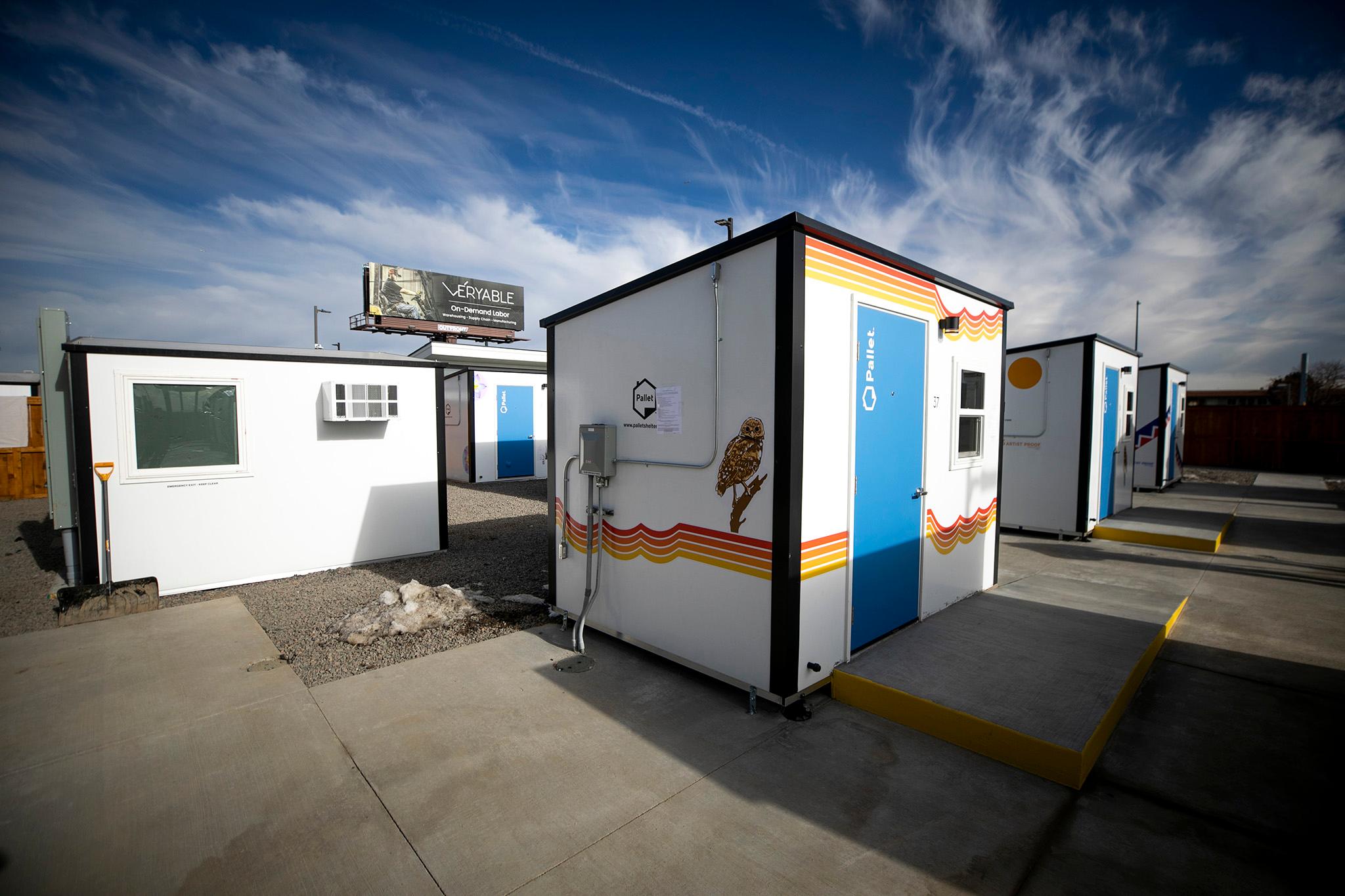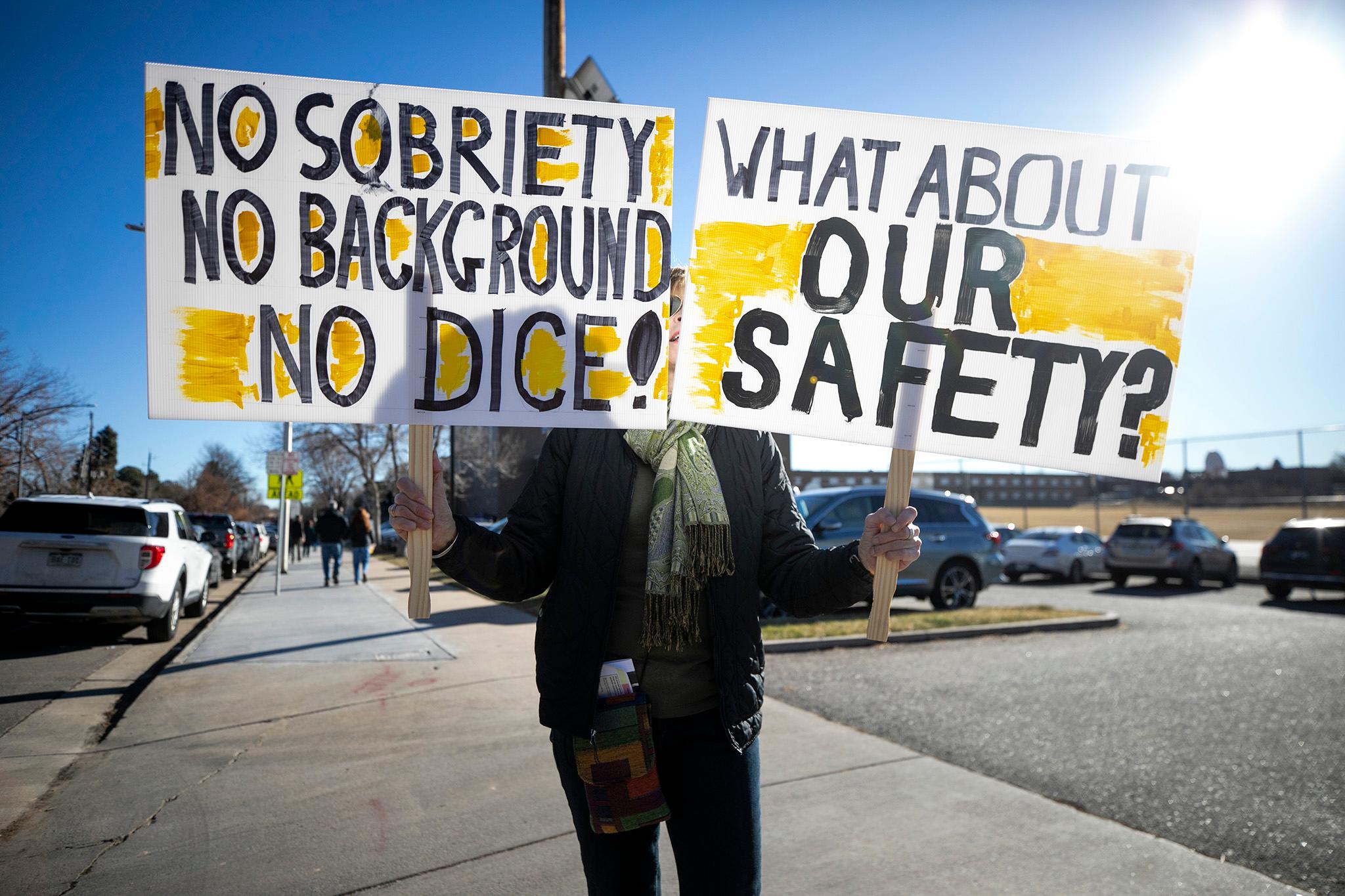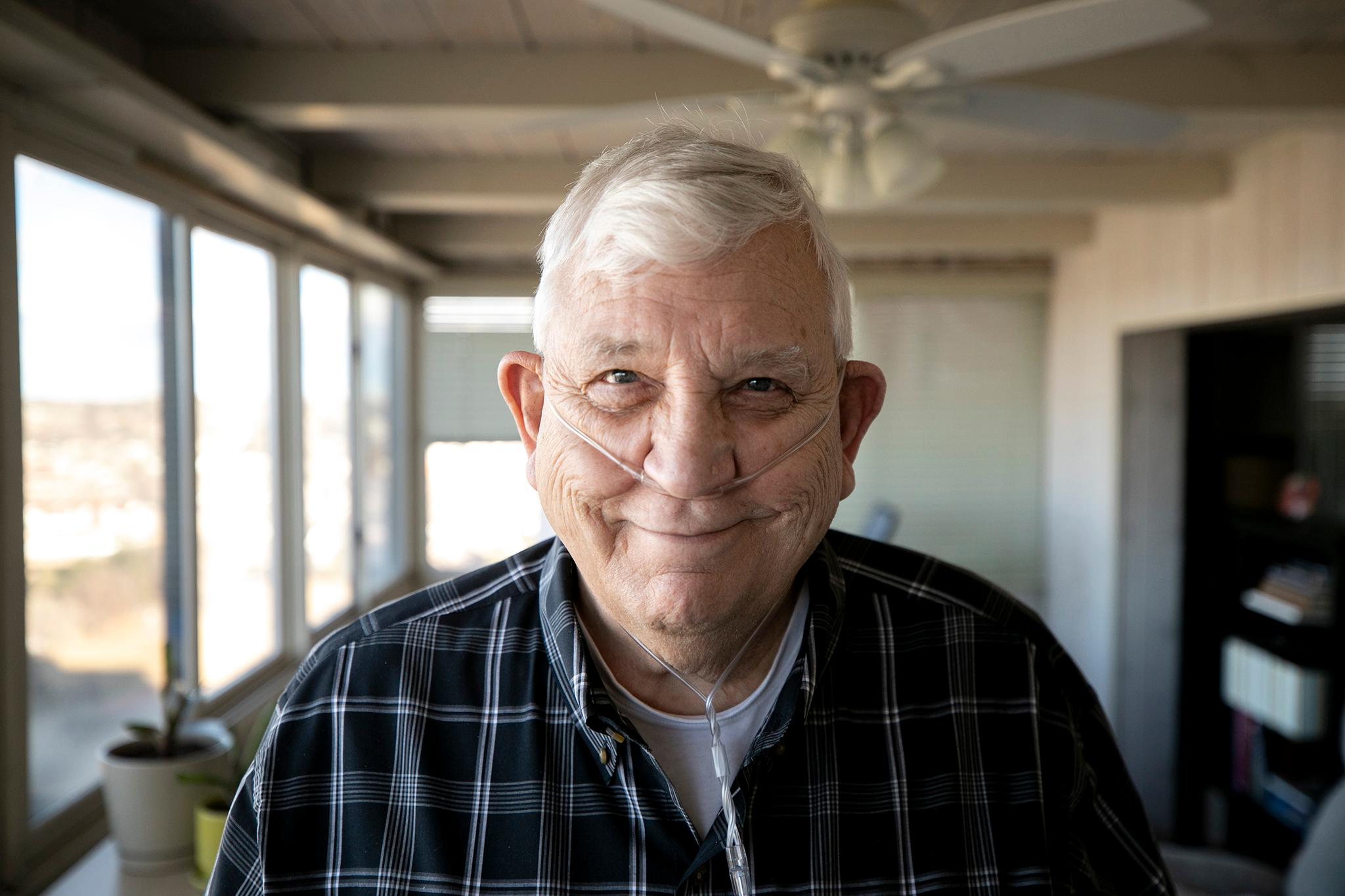For over 40 years, Don Burnes researched two interconnected issues that are growing crises in America today. The founder of what is now the Center for Housing and Homelessness Research at the University of Denver spent his career studying poverty and homelessness.
He retired a few years ago, but he's still thinking a lot about these issues. In November he co-authored a book that synthesized his work and elevated a new idea: that lacking social bonds and general distrust in our society is blocking progress towards solving homelessness.
"My definition of retirement is working harder and getting paid less," he laughed.

The book, "When We Walk By: Forgotten Humanity, Broken Systems and the Role We Can Each Play in Ending Homelessness in America," is a review of existing research on homelessness, interwoven with personal stories from people who have lived on city streets. Burnes and his co-authors, Kevin Adler, Amanda Banh and Andijana Bilbija, aimed to dispel myths about people living on the brink, and advocate for a different way of thinking about these issues.
"While many of us care about the issue of homelessness, surprisingly few of us know our unhoused neighbors. This leads to a disconnect -- even if unintended -- between 'us' and 'them,'" the co-authors wrote. "'They' are us."
"When We Walk By" focuses, in part, on "relational poverty."
Burnes and his co-authors define this as "a profound lack of nurturing relationships combined with stigma (and often shame) that makes fostering social ties incredibly difficult."
The term encompasses a lack of individual support, such as family members who could intervene before someone ends up sleeping in a tent or a car, and to American society's broader attitudes towards people in poverty.
Current ideas about homelessness are rooted in America's post-Vietnam War era, Burnes said, when soldiers with PTSD returned home and landed on city streets. But the stigma has been with us for much longer, and stems from fear.
"Even back in colonial days, the outcasts were outcast and they were sort of less-than," Burnes said. "We've always had some number of people who somehow don't quite fit. It's a fear of people who are different. And I don't know what to do about that, because we all have it."

Burnes said these fears are rooted in misunderstandings, pervasive stereotypes that keep people spiraling in poverty and shame.
"Most of the folks who are experiencing homelessness are not drug addicts. They're not mentally ill, they're not alcoholics," he said.
A lot of people who don't fit that stereotype and do have housing may be closer to homelessness than they realize, he added.
"Forty to 45% of the adult people experiencing homelessness are working, and they're just not making enough money to pay rent because of the high cost of housing and the shortage of rental units," he said. "We have to help people understand that most of their negative stereotypes are based on a lack of information."
Getting people to have a more informed picture of homelessness might only happen on an intimate scale, Burnes said.
"The only way we're going to help people become more comfortable is to create opportunities for one-on-one interactions, so folks get to know people. That becomes really transformative," he said.
Burnes said he worries that fears like these could stand in the way of Denver's new push to diminish street homelessness.
On his first day in office last year, Mayor Mike Johnston declared a state of emergency over homelessness, setting a goal to house 1,000 people in the first six months of his term. His administration moved people from sprawling camps into hotels and one tiny home village, and celebrated reaching House1000's goal last month. The administration is now gearing up for longer-term goals.
"I don't know Mike Johnston," Burnes said, but "I have to give Mike all kinds of credit for really pushing the issue. Compare his response to the issue with his predecessor, and it's night and day."

Burnes commended the Johnston administration's initiatives to provide a port-a-potty for people to use, a trash service Johnston green-lit for encampments, and for moving people into hotels.
Those have all been good signs, Burnes said. Any government that tries to criminalize its way out of this issue will be disappointed, he added.
But Burnes cautioned that Johnston's shelters aren't long-term housing, and he worries the mayor could lose support and resources before he truly starts to make a dent in the problem.
"He started off by talking about getting a thousand people into permanent housing. Well, he's not doing that. He's getting a thousand people into shelter," Burnes said. "The real problem is that when the Point In Time [Survey] comes out, those people are still considered homeless. So the numbers in the Point In Time are going to look awful, and people are going to say, 'We're spending $40 million. What are we doing? The problem's getting worse.' And they're going to say, 'Johnston, you really screwed up.' And that really worries me."

A lack of affordable housing stock, as well as NIMBYism and similar attitudes have already challenged Johnston's project to ease homelessness.
In a public meeting last December, southeast Denver residents filled an auditorium to boo, jeer and give Johnston the finger when he presented a plan to house families with children in a nearby hotel. Neighbors made it clear his plan made them fear for their safety.

For Burnes, finding a solution for homelessness in Denver must come from individual people who can put pressure on policymakers.
"Yes, it's [the] government. Yes, it's the private sector. Yes, it's nonprofits. But the reason the government isn't fixing it is because we, as citizens, aren't pushing," he said. "Unfortunately, the political constituency behind the folks experiencing homelessness is pretty limited. And until we really create a massive political campaign to really force the issue, most decision makers aren't going to make major decisions about this."













